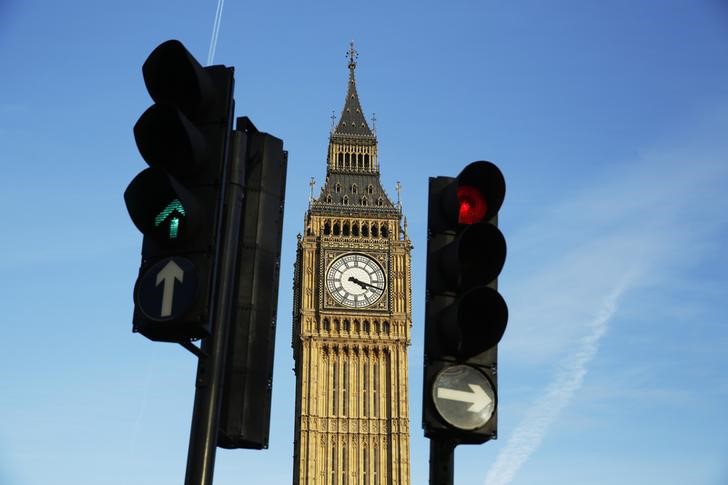By Johnny Cotton
PARIS (Reuters) - Twenty-nine year-old Briton Colette Taylor-Jones rushed to become French before the referendum that will decide whether Britain stays in the European Union or not.
"I decided to change my nationality when the whole 'Brexit' story started," the book publisher told Reuters at the end of a ceremony organised by authorities for naturalized citizens.
Worried she might find herself an alien in the country she calls home, Taylor-Jones, who grew up in Nice, filled in the forms to become French when Britain's Conservative Party promised to hold a referendum on EU membership if it won 2015 parliamentary elections.
Under EU rules, her British passport has so far guaranteed her the same rights to live and work in France as her French neighbours and she did not want to have to ask for a residency permit in case of Brexit, she said.
The latest polls ahead of the June 23 referendum show Britons are almost evenly split over whether to stay or go.
Some 279 Britons became French in 2014, the latest year for which data is available, with the numbers fluctuating between 205 and 354 per year in the five previous years, French Interior Ministry data shows.
Officials said they cannot provide data on how many have applied for a passport.
Twenty-eight year-old Jack McNeill, who has been living in France for six years, says he considers it home too. The prospect of having to ask for a residency permit or not being able to move freely around Europe if Britain left the EU pushed him to apply for a French passport.
McNeill, who is from Edinburgh and works at an international organization based in Paris, is now going through the paperwork and filling in the forms required for his citizenship request.
"What it means to be French is to adhere to the values of the country. 'Liberté, égalité, fraternité'," he said, referring to the French motto of freedom, equality and solidarity.
"That's what it means and you can be from any ethnicity or your first language could be any other language but if you believe in these values and the importance of them, and the importance of preserving them and so on, then you are as French as anyone else, as Edith Piaf," he said - while acknowledging he might not quite share the late singer's musical skills.
Both Britain and France allow their nationals to hold dual citizenship and McNeill, speaking in a pub that sells fish and chips in the heart of Paris, said he still feels British too.
The French foreign ministry estimates that about 400,000 Britons live in France. There is no official data because they are not obliged to register.
There are various ways to become French, mainly either through marriage or from a certain duration of residency - at least 5 years in some cases.
